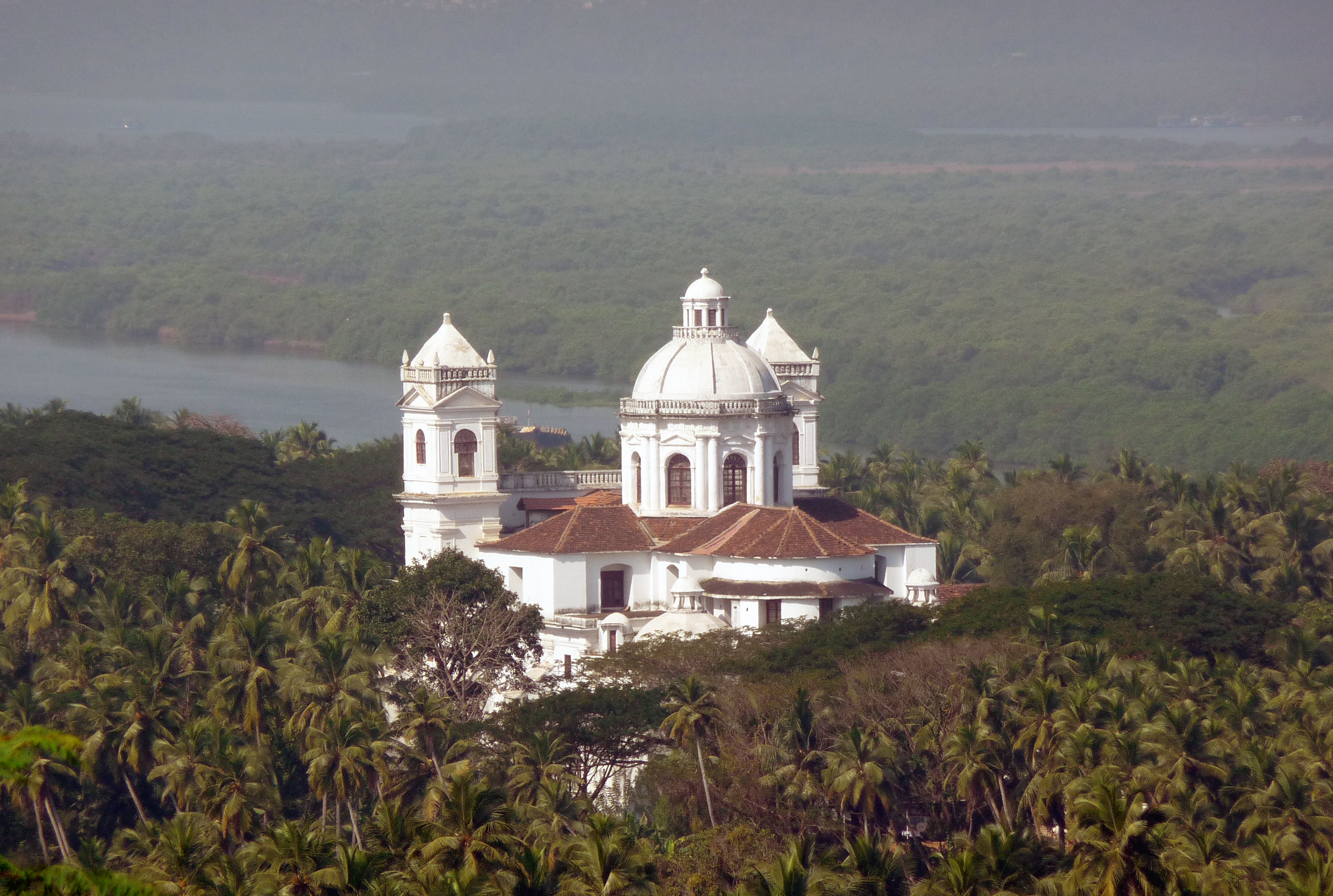ID-SCAPES
Building Identity
Religious Architecture and Sacral Landscapes of Christian Minorities in India and Bangladesh

Building Identity
Start Year
2024 (Em curso)
Duration
60 meses
Principal Investigator
Sidh Losa Mendiratta
Funding Entity
European Research Council (ERC)
Funding Value
1.999.493,00 euros
Project Reference
101125057
Proposing Institution
CEAU-FAUP
Research Units
CEAU-FAUP
Collaborative Institutions
Department for Asian and Islamic Art History, University of Bonn
Abstract
The cultural heritage associated with India and Bangladesh's Christian minorities remains understudied and its historical significance is often contested. Many of the countries' medieval and early modern churches were built primarily for communities of newly converted Christians that came from different regions and caste backgrounds and therefore carried corresponding identities. Even today, many of South Asia's churches reflect these local identities and traditions, with factors such as caste, indigenous agency, and cultural accommodation playing a role in their social and architectural history.
These contexts originated distinct regional architectural expressions in the countries' six main Christian ethnolinguistic communities (East Indians, Goans, Mangaloreans, Keralites, Tamils and Bengalis) However, most scholarly work has addressed the design of these churches against the background of European artistic tendencies - such as mannerism or baroque - while local contexts and traditions have remained overlooked.
Today, as dominant groups assert hegemonic policies across South Asia, religious minorities face increasing challenges, and their cultural heritage is oftentimes at risk. Many of South Asia's churches founded before ca. 1800 have disappeared, are in ruins or have been deeply transformed, and there is a sense of urgency in documenting the churches that remain.
ID-SCAPES will produce a Social History of the Built Environment of India and Bangladesh's medieval and early modern churches and sacral landscapes, uncovering the influences of diverse agencies, identities and traditions on their overall design. By producing knowledge on this body of architecture, with in-depth analysis providing vision for contested and/or endangered sites, the project will ascertain how churches are vital in framing the collective identities of Christian minorities today, thereby nurturing their resilience and contributing towards the diversity of South Asia's cultural heritage.
Equipa
Sidh Mendiratta
Faculdade de Arquitectura da Universidade do Porto
Claudia Duarte
Faculdade de Arquitectura da Universidade do Porto
Giuseppe Resta
Faculdade de Arquitectura da Universidade do Porto
Tiago Trindade Cruz
Faculdade de Arquitectura da Universidade do Porto
Consultores
José Miguel Rodrigues
Faculdade de Arquitectura da Universidade do Porto
Julia Hegewald
Department for Asian and Islamic Art History, University of Bonn
Nizamuddin Taher
former Supertintendent Archeologist, Archaeological Survey of India
Pius Malekandathil
Jawaharlal Nehru University, New Delhi
Edgar Ribeiro
former Chief Planner, Government of India